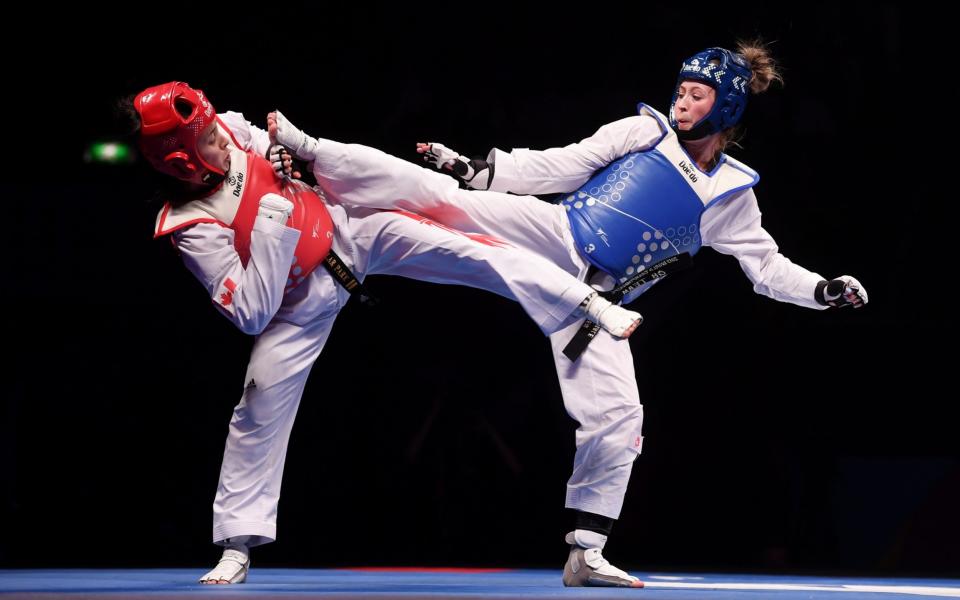Olympic Taekwondo athletes risked brain damage while training, phsyio who won tribunal claims

A physiotherapist who claimed that Olympic Taekwondo athletes were being put at risk of brain damage with dangerous training methods has won his unfair dismissal case.
Simon Edwards, a 55-year-old physiotherapist-turned- whistleblower, has previously worked with a host of Taekwondo stars including Jane Jones, the double Olympic gold medallist.
He claimed that Gary Hall, the performance director of Great Britain Taekwondo (GBT) “prioritised medals over welfare”.
The claims were heard before the Manchester Employment Tribunal in May last year where Mr Edwards brought proceedings for unfair dismissal claiming that he was ousted after raising concerns.

However, in a reserved judgement, dated October 15, Employment Judge Feeney said that while his claims of protected disclosures contributing to his job loss failed, the tribunal upheld that the physiotherapist was unfairly dismissed.
Following the judgement, Mr Edwards told The Telegraph: “At the moment, as it stands, I feel vindicated that I actually brought the case in the first place.”
In May 2014, the physiotherapist was seconded to work at GBT by the English Institute of Sport (EIS), which supplies sports science and medical services to elite athletes.
However GBT said he was never an employee of the institute, so did not have that right. GBT and Mr Hall strongly denied the accusations.
In the written judgement, Judge Feeney said: “The claimant's evidence which we accept was that during his work with the first respondent some of the junior athletes were uneasy about reporting injuries as they may have to be pulled from training and this would make them unpopular with their coaches.

“He also believed that coaches were telling them to carry on training when physio or medical staff had told them not to as they were running the risk of a serious injury.”
The tribunal upheld the claims that Mr Edwards was automatically unfairly dismissed because of the transfer, and contrary to section 98(4) of the Employment Rights Act.
It also found that there was a failure to consult and inform him, as required by TUPE Regulations and that his claims of wrongful dismissal for notice pay and unpaid holiday pay were also upheld.
However, it dismissed Mr Edwards’ claim that he was unfairly dismissed because of raising health and safety issues and his claim that he suffered detriments due to making protected disclosures and/or on health and safety grounds.
A spokesman for GBT and Mr Hall said: “We note that all of the protected disclosure and health and safety claims raised by the claimant have failed.
“GB Taekwondo’s highest priority is the health and wellbeing of the talented athletes on its world class programme. We are, however, disappointed that the TUPE and therefore the unfair dismissal claim has succeeded.
“This is a complex area of law and we are reviewing the findings of the Employment Tribunal to consider our next steps.”
An EIS spokesman added: “We are pleased the tribunal has been resolved. Throughout proceedings the EIS has produced evidence to display that we acted properly and supported the individual involved.
“We are pleased that the judgement supported our actions and we look forward to all parties moving on.”
